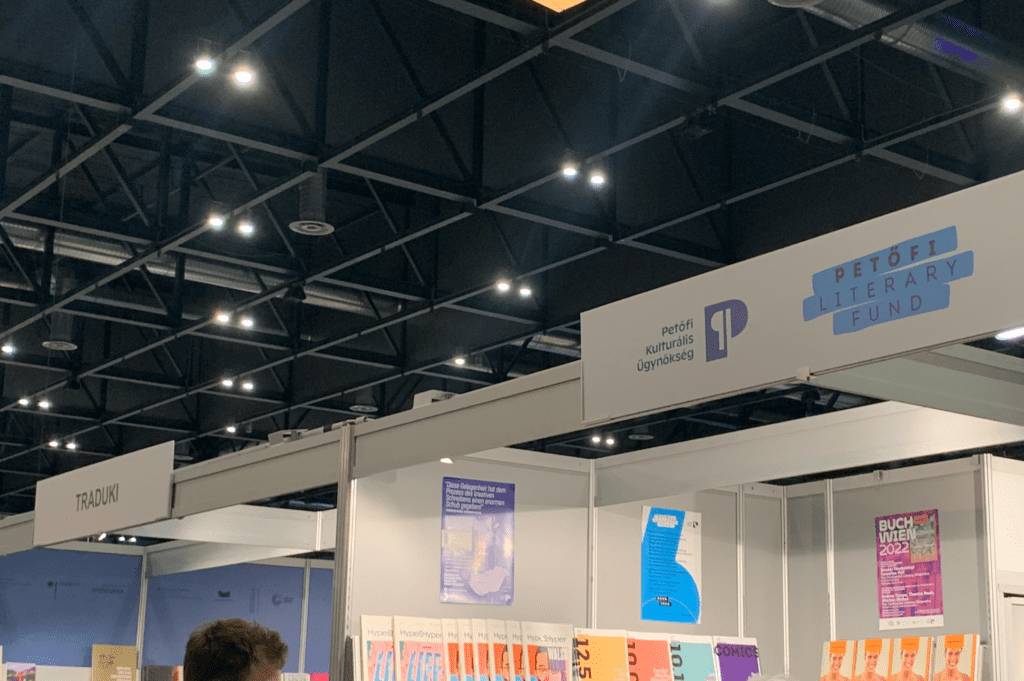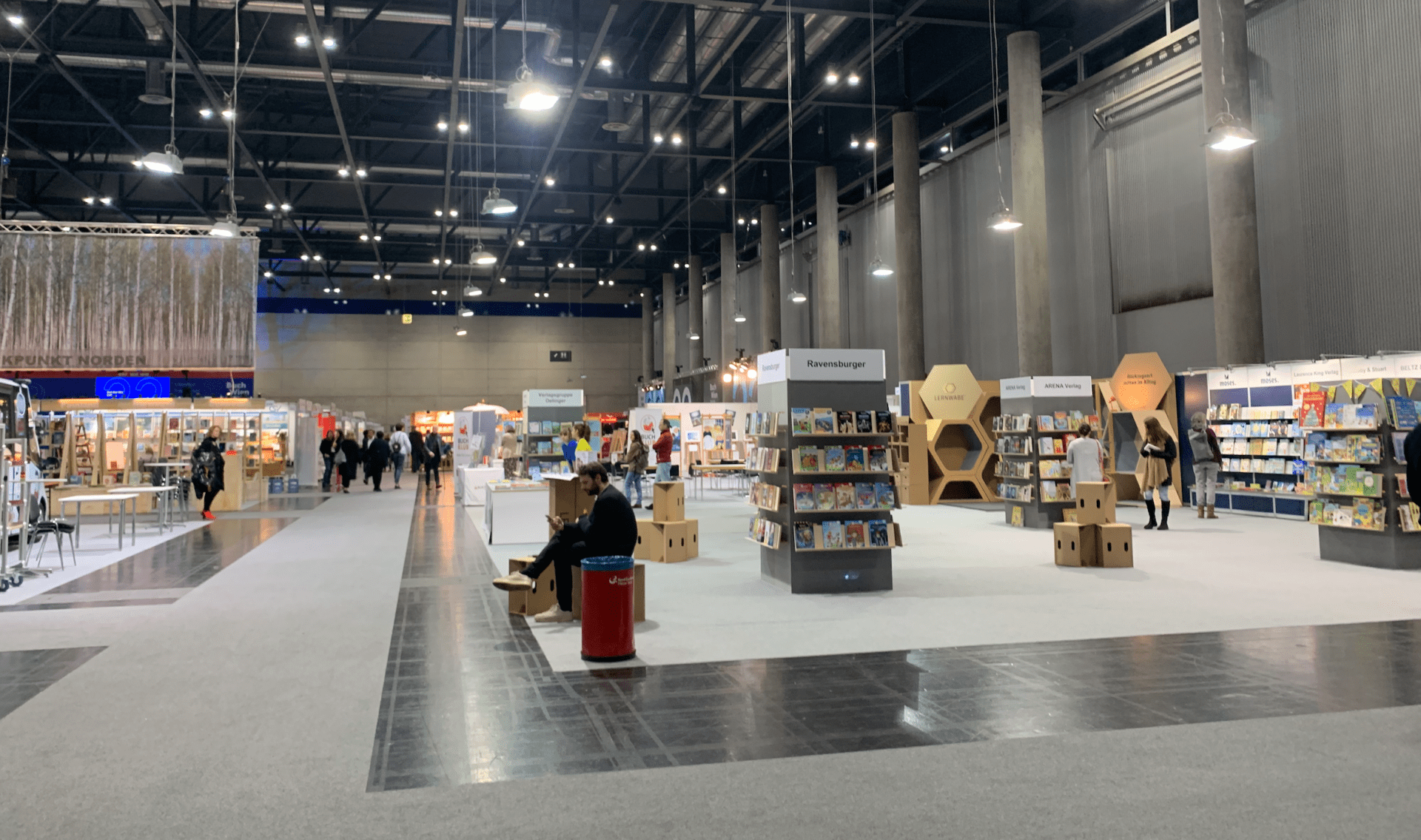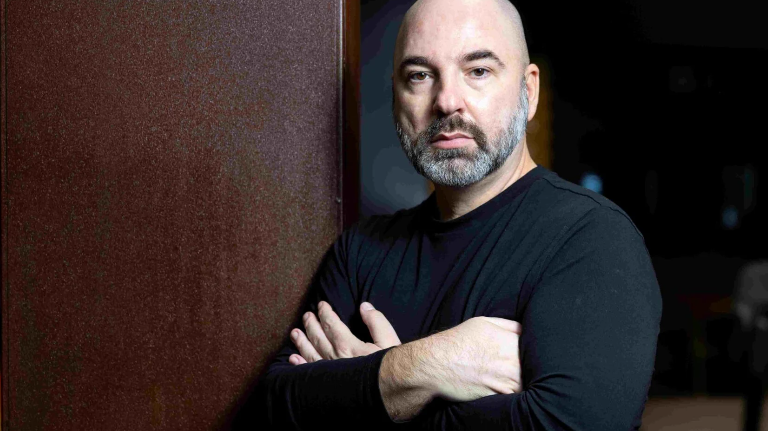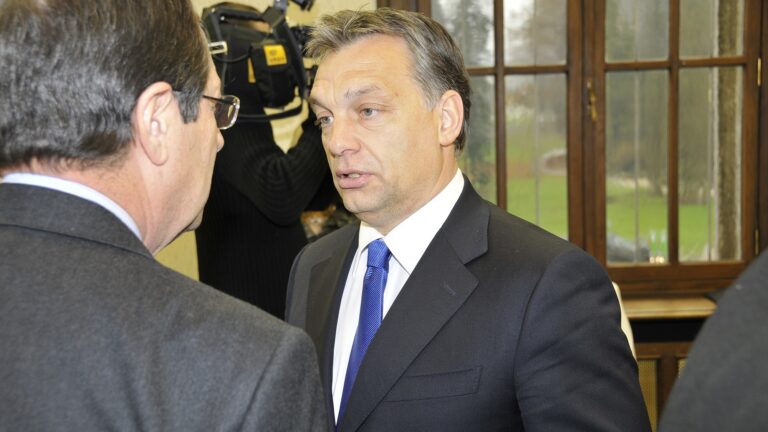The First Day
On 23–27 November, the Vienna Book Fair featured thousands of fresh publications and hundreds of high-profile events with more than 500 authors and experts from around the world. Hungarian Conservative also attended what is one of the most important cultural and literary events in Central Europe.
The fair was hosted in a large arena in the Austrian capital. The first and opening day on 23 November began later than one would have expected. The delay was deliberate: the organizers stuck to what has become a tradition of the book fair and baptized the first day ‘A long night with books’. The attenders could take their time and enjoy the warm and cosy atmosphere of the venue, look at new publications and walk around with a glass of good wine. Of course, they could not only look at the publications, but they were also invited and able to purchase them, get some free samples from different publishers, and watch and listen to various panel discussions.
Right after one entered the arena, a huge, carpeted area welcomed them.
It was set up as a regular bookstore stuffed with shelves and tables full of books.
With an information kiosk and two cashiers, purchasing and inspecting the books was made easy for visitors. The exhibition part of the fair was more conventional: many publishers had their kiosks set up throughout the arena where visitors could leaf through and buy books, publications, newspapers from the publishers themselves. Among the exhibitors there were publishing companies and institutions from all over the globe. The Hungarian Petőfi Literary Fund was also present at the exhibition, showing off their newest publications in English. Their kiosk also featured copies of the print journal Hungarian Conservative and among others, the book The Flight of the Bumblebee — The Hungarian Way of Strategy by Balázs Orbán, the political director of the Hungarian prime minister.

There also was an abundance of panel discussions and events held at the fair. With over five separate stages set up throughout the venue, there was no rest for those who wanted to experience different cultures and opinions. Many of these panels were—as expected—introducing newly published books by the authors themselves. Discussions were led expertly by the hosts, touching on important and interesting topics throughout the night. Topics of greenwashing, capitalism, political polarization, the climate crisis, feminism, and many other serious subjects were tackled. To enhance the focus on environment, a Polestar 2, a fully electric hatchback developed by one of the most prominent EV manufacturers in the world was also exhibited in the middle of the venue.
The events on stage, although mostly serious, were also entertaining. On the first night, one of the most awaited programmes was Slam Night. This introduced slam poets from Europe, some of whom had never performed in German before. Notably, most of the poets touched on more serious topics than those who attend slam competitions would normally be used to. While sprinkling humour into their performances,
the artists rhymed about family conflicts, intolerance, hate, and the challenges of life in general
—which was a breath of fresh air, as most slam performances are rather political as a rule.
The book fair did not only cater to those looking to drink good wine and listen to discussions on serious topics. A number of stages and their surroundings were set up for children to enjoy. Many discussions were hosted by authors of books for children, which was a really nice touch. The organizers had clearly planned for child visitors, in a laudable effort to promote the habit of reading among the younger generations. Entry for school groups was free of charge, and many came, accompanied by their teachers.
Although the majority of the discussions were led in German, the international scene was also represented, and not only regarding the guests, but also the publishers, who had come to the fair from Switzerland, Hungary, the US, the UK, Slovakia, Turkey, and many other countries. Among the publishers there were institutions, self-published authors, and even a ‘truck of science’ introduced by the technological university of Vienna.







